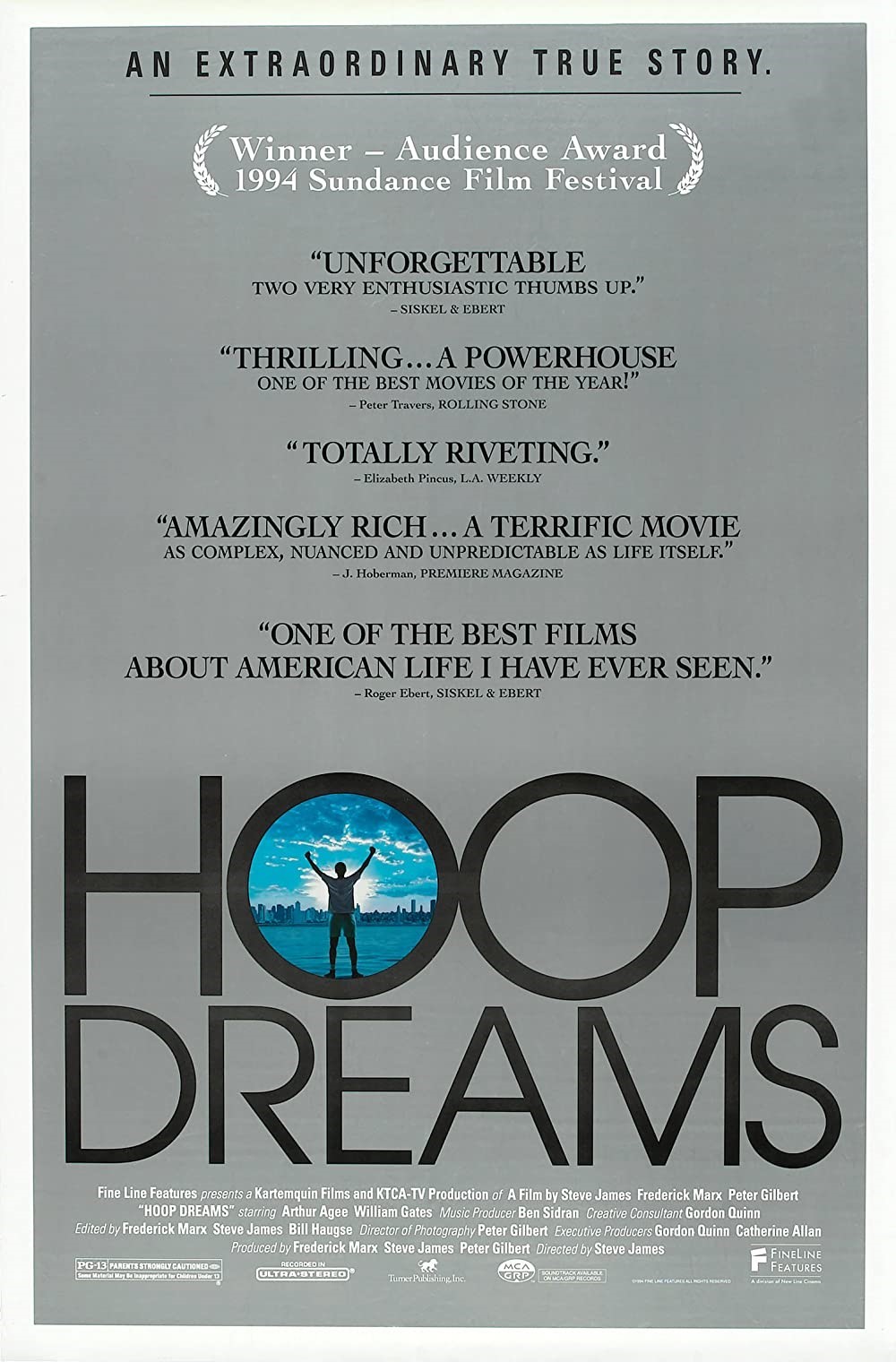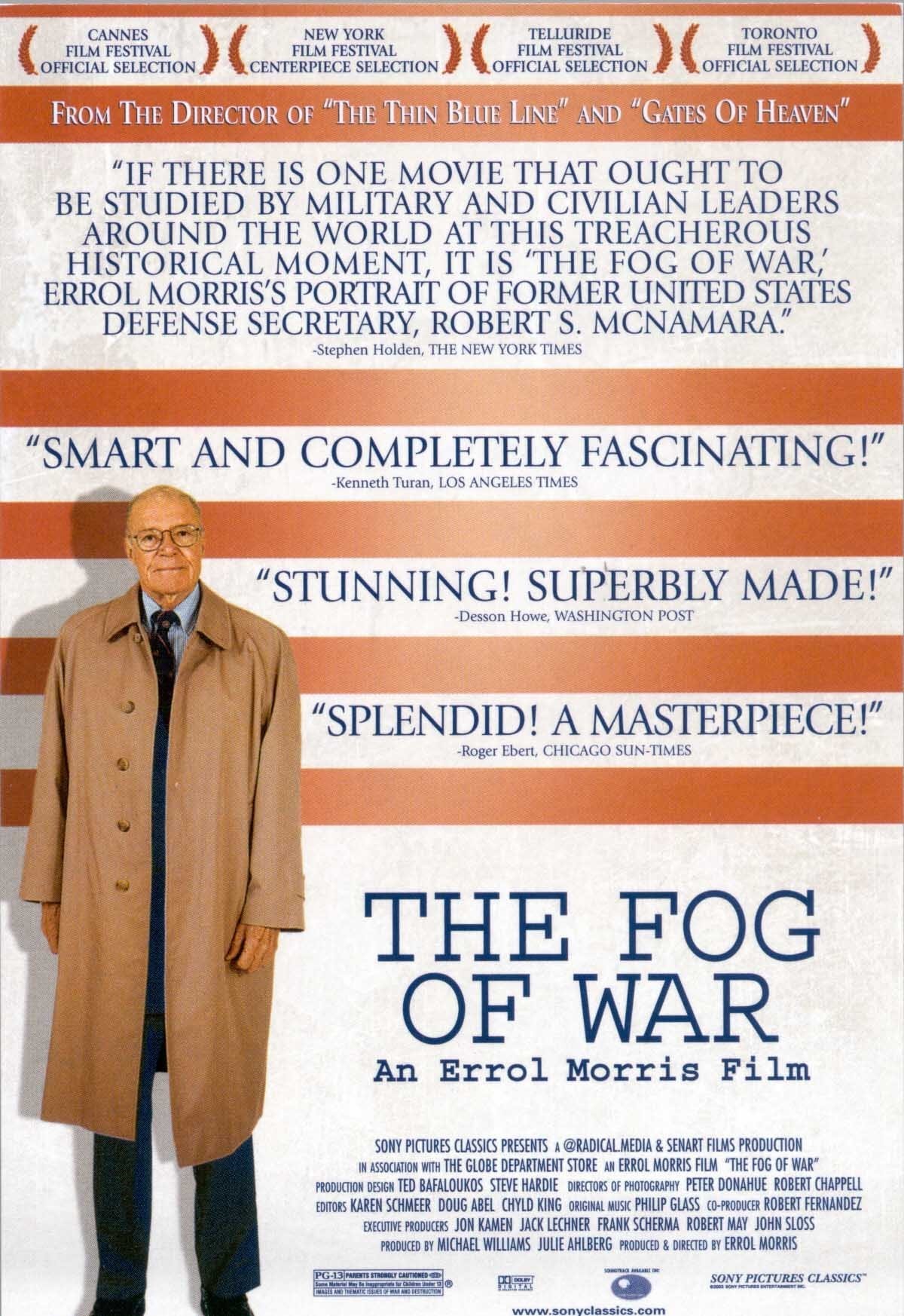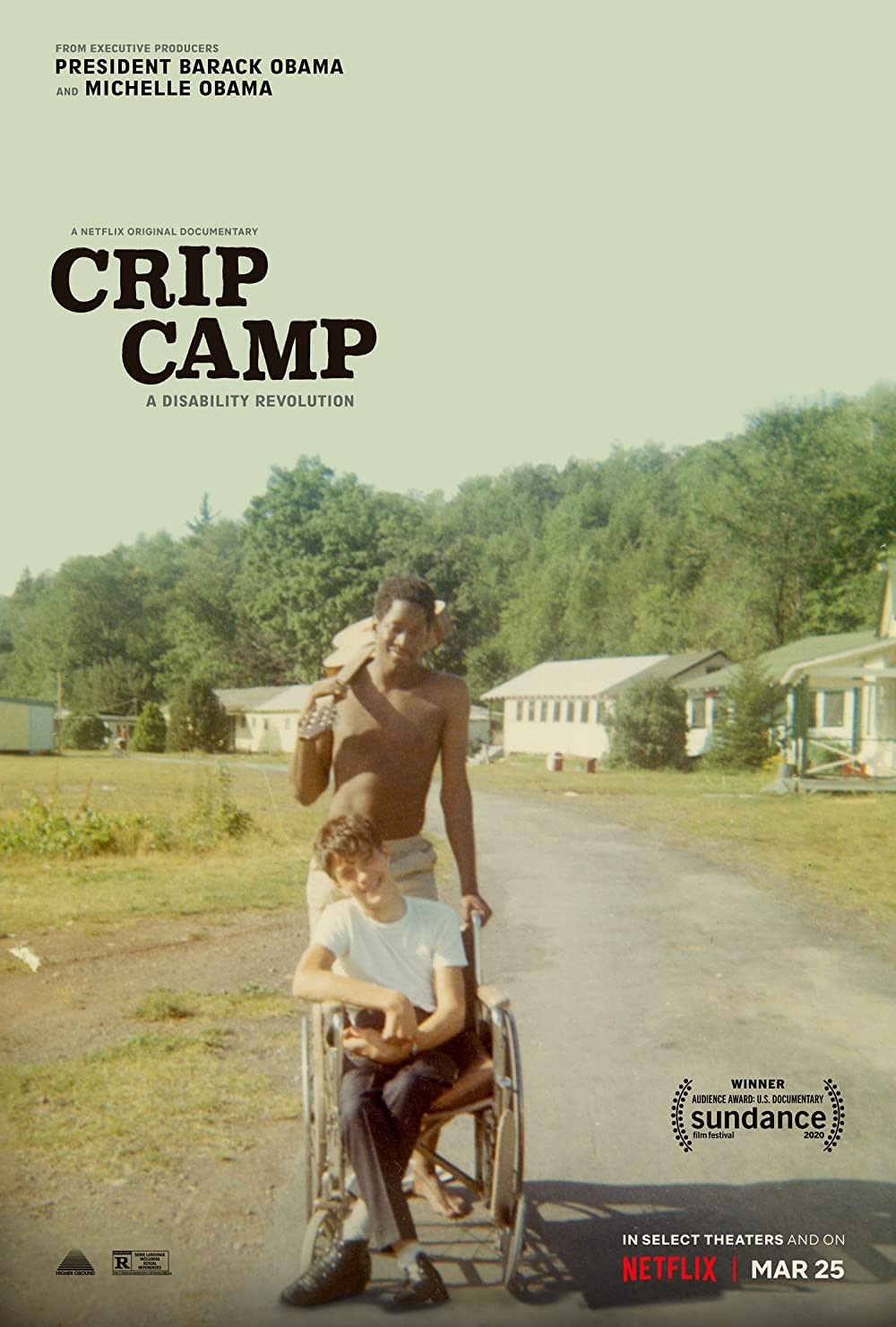The proliferation of documentaries on streaming
services makes it difficult to choose what to watch. Each month, we will choose
three nonfiction films — classics, overlooked recent docs, and more — that will
reward your time.
اضافة اعلان
 ‘Hoop Dreams’ (1994)Stream it on the Criterion Channel, HBO Max, Peacock, Tubi,
and Vudu.
‘Hoop Dreams’ (1994)Stream it on the Criterion Channel, HBO Max, Peacock, Tubi,
and Vudu.
“Hoop Dreams” is certainly the best film ever made about the
pipeline that takes young basketball players from blacktops in impoverished
city neighborhoods to high school athletics and eventually college teams, with
a promise of success that will elude all but a small few. Touching on issues of
race, economics, education, and exploitation, it follows the players and their
families through the late 1980s and early 1990s. In sheer scope and by popular
acclamation, it is one of the most extraordinary, compassionate and committed
of all documentaries.
Directed by Steve James, “Hoop Dreams” semi-separately
observes two teenagers from different neighborhoods in Chicago — William Gates,
from the row houses of the Cabrini-Green housing project, and Arthur Agee, from
the Garfield Park area of the city’s West Side — whose lives occasionally
intersect. Both are invited to play for St. Joseph High School, a
well-appointed private Catholic school a 90-minute commute away in the suburbs.
St. Joseph lures students with the expectation that they might become the next
Isiah Thomas, an alumnus turned NBA sensation. Thomas’ high school coach, Gene
Pingatore, is still basking in that glory and is happy to name-drop “Isiah.”
Pingatore lives in the apparent hope that lightning will strike twice.
But this is not a film about how Agee and Gates made it to
the NBA. Quite the contrary: It is a chronicle of how their hoop dreams are
deferred at nearly every turn, and of how the big-money machinery of
institutional basketball cares little for the people it ensnares. The subjects’
fates are nearly always poised on a financial precipice.
 ‘The Fog of War’ (2003)Rent it on Amazon, Apple TV, and Google Play.
‘The Fog of War’ (2003)Rent it on Amazon, Apple TV, and Google Play.
Just two months after the start of the Iraq War, Errol
Morris, at Cannes, unveiled a film in which Robert S. McNamara, one of the key
American officials who oversaw the Vietnam War, reflected on that conflict with
something like remorse. Although the documentary was about events that had
occurred more than three decades earlier, it could not have been timelier when
it opened 20 years ago — not least because archival images of the polished,
technocratic McNamara smiling and delivering sanguine news about Vietnam could
not help but call to mind then-current images of George W. Bush’s defense
secretary, Donald Rumsfeld, selling the invasion of Iraq, or because of
McNamara’s assertion that the US should not ever apply its military power
unilaterally.
In “The Fog of War,” which went on to win Morris his only
Oscar so far, the 85-year-old McNamara, the defense secretary under Presidents
Kennedy and Johnson, tries to draw conclusions about his experiences during
Vietnam and in World War II, when he was involved in the firebombing of Japan.
(“What makes it immoral if you lose and not immoral if you win?” he asks of
that campaign.)
Morris went on to address the Iraq War head-on in “Standard
Operating Procedure” and the Rumsfeld portrait “The Unknown Known,” both of
which are in the news again with the 20th anniversary of the invasion of Iraq.
But perhaps neither of them so directly confronts the issue of guilt, an
emotion to which McNamara, in the film’s closing moments, declines to admit.
“I’d rather be damned if I don’t,” he says.
 ‘Crip Camp’ (2020)Stream it on Netflix.
‘Crip Camp’ (2020)Stream it on Netflix.
Before she was a disability rights activist, Judy Heumann, who
died in March at 75, was a counselor at Camp Jened, which operated as a
sleepaway camp for the disabled from the 1950s through the 1970s. The movie
argues that the ties and friendships formed there — at a time when disabled
teenagers had few shared spaces to connect freely and be themselves — laid the
groundwork for the American disability rights movement, especially once several
former campers gathered in the revolutionary ferment of Berkeley, California,
in the 1970s.
Incredibly, the directors, Nicole Newnham and Jim LeBrecht,
who attended the camp himself, have footage of the campers as campers, in
vintage material shot by a collective called the People’s Video Theater — which
means there’s a pleasing then-and-now quality to the movie. Heumann is introduced
at age 23 conducting a vote on whether the campers should cook lasagna on a
Wednesday evening — a humble origin story for an activist who, among many other
achievements, would help lead a multiweek sit-in in San Francisco in 1977 to
ensure the implementation of federal protections for the disabled. (Lots of
other Jened alumni are identified in images from that demonstration as well.)
Much later on, Heumann became a special adviser for international disability
rights at the State Department under President Obama, who is one of this
documentary’s executive producers.
Heumann is just one of many campers we get to meet in this
engaging, inspiring film. They include LeBrecht himself (who has worked in
sound design) and the couple Neil Jacobson and Denise Sherer Jacobson. Denise
tells the story of how she chose to pursue a master’s degree in human sexuality
after she unnecessarily had her appendix removed, because a doctor had failed
to consider that a patient with cerebral palsy just might have a sexually transmitted
disease.
Read more Entertainment
Jordan News



